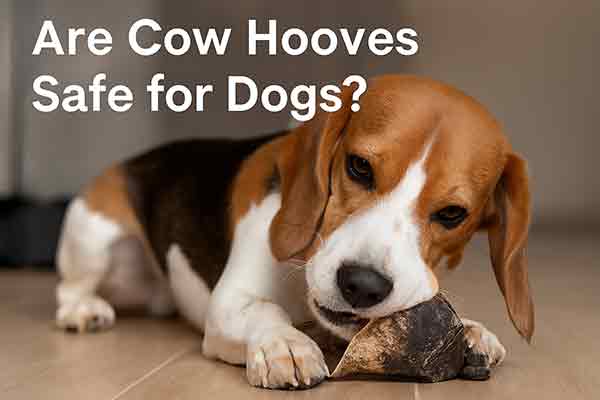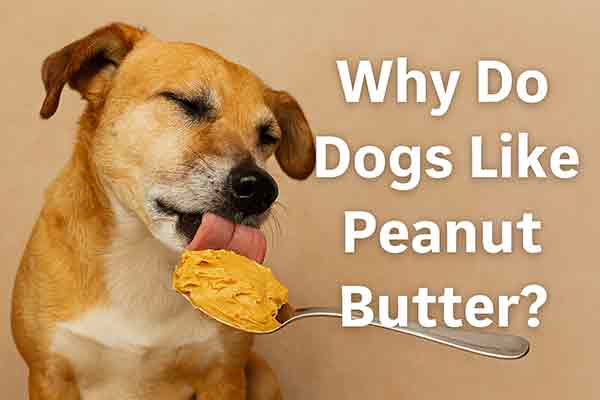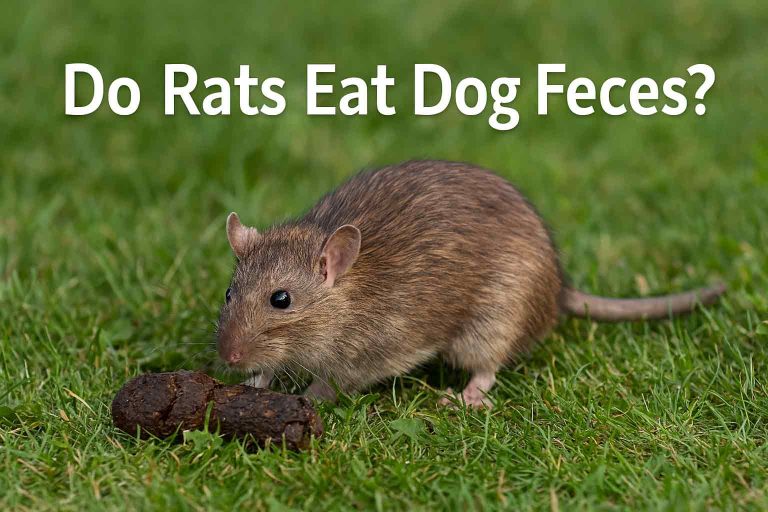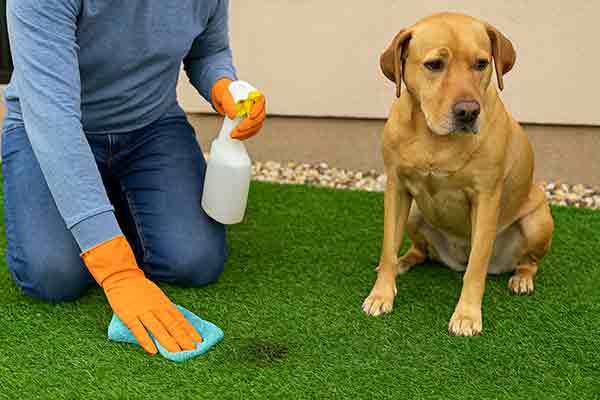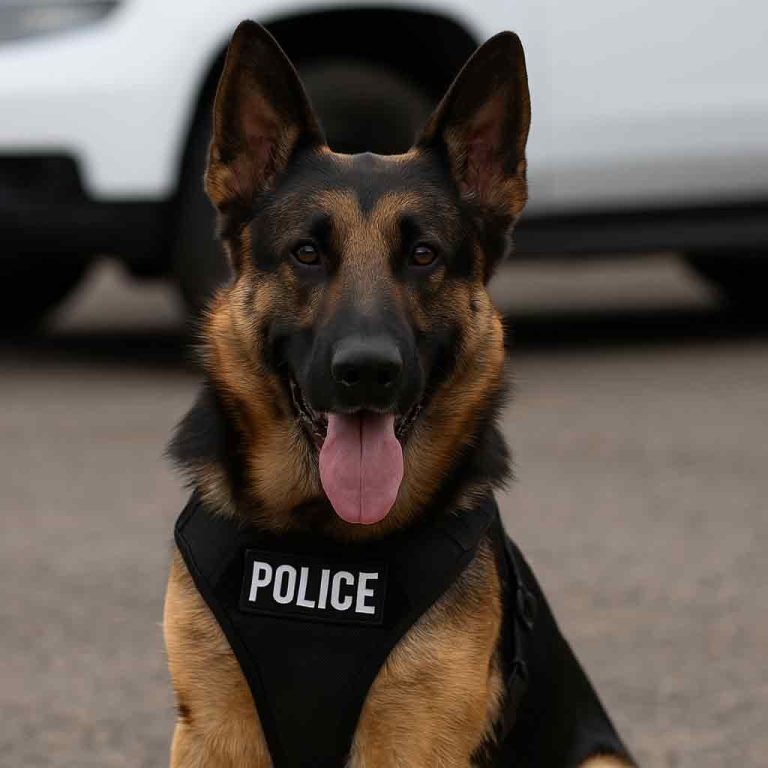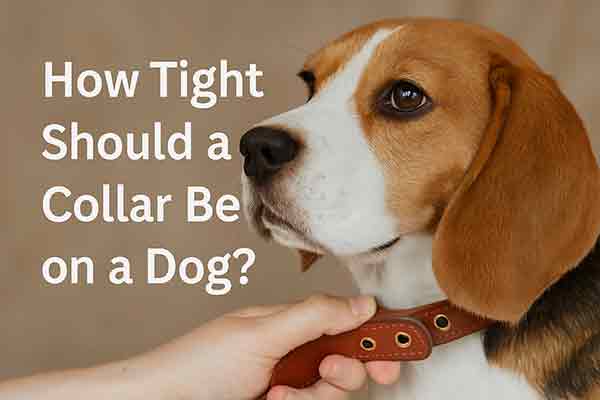Are Cow Hooves Safe for Dogs? Benefits, Risks & Safer Alternatives
Table of Contents
- Introduction
- What Are Cow Hooves?
- Why Do Dogs Love Cow Hooves?
- Potential Benefits of Cow Hooves for Dogs
- Safety Concerns of Cow Hooves
- Dental Risks and Injury Potential
- Digestive Risks: Splintering and Blockage
- How to Choose Safer Cow Hooves
- Tips for Safe and Supervised Chewing
- Alternatives to Cow Hooves
- FAQ
- Conclusion
Introduction
Cow hooves are a popular dog chew treat found in many pet stores, but many owners wonder: Are cow hooves safe for dogs? While some dogs chew them happily without incident, others experience injuries or digestive issues. In this guide, we’ll explore the benefits and risks of cow hooves for dogs and help you decide whether this chew is the right fit for your pup.
What Are Cow Hooves?
Cow hooves are the keratin-based outer covering of a cow’s foot, typically cleaned, sterilized, and sold as a chew for dogs. They are extremely hard, hollow, and often have a strong odor, especially when chewed. Some hooves are filled with flavored pastes or peanut butter to make them more appealing.
Why Do Dogs Love Cow Hooves?
Dogs are instinctive chewers, and cow hooves appeal to several of their natural preferences:
- Texture: Their hardness provides a satisfying gnaw.
- Taste: Natural animal material has an enticing smell and flavor.
- Challenge: Long-lasting chews keep dogs mentally engaged.
Because of these qualities, cow hooves are often a favorite among aggressive chewers or dogs who need enrichment.
Potential Benefits of Cow Hooves for Dogs
- Durability: They last longer than many softer chews.
- Low cost: Affordable compared to other long-lasting chews.
- Teeth cleaning: Can help scrape away plaque and tartar.
- Enrichment: Promotes natural chewing behavior and reduces boredom.
Safety Concerns of Cow Hooves
Despite their popularity, cow hooves come with some notable risks:
- Breakage: Hooves can splinter and break into sharp pieces.
- Dental injury: The hard surface can crack or break teeth.
- Choking hazard: Swallowing large pieces may cause choking or blockage.
- Contamination: Poorly processed hooves may carry bacteria or mold.
Dental Risks and Injury Potential
Cow hooves are among the hardest dog chews on the market. Unfortunately, that hardness increases the risk of broken teeth—especially for aggressive chewers. Premolars and molars are most commonly affected. Dental fractures can be painful and expensive to treat, requiring professional extraction or root canals.
Digestive Risks: Splintering and Blockage
When dogs chew down a hoof, it may break into sharp shards that can puncture the mouth, throat, or intestines. Even if swallowed whole, large pieces can cause intestinal obstruction—an emergency requiring surgical intervention. These risks make cow hooves a controversial treat, especially without supervision.
How to Choose Safer Cow Hooves
If you decide to offer your dog cow hooves, follow these tips to reduce the risks:
- Choose hooves from reputable brands with quality control
- Avoid flavored hooves with artificial fillers or sugar
- Inspect the hoof for cracks or jagged edges before giving it
- Opt for hooves that have been slow-baked (not bleached)
Tips for Safe and Supervised Chewing
- Always supervise your dog during chewing sessions
- Limit chewing time to 10–15 minutes at a time
- Take away small, worn-down pieces immediately
- Never leave a dog alone with a chew in a crate
- Provide clean water nearby
Alternatives to Cow Hooves
If you’re concerned about safety but want similar benefits, try these alternatives:
- Rubber chew toys (e.g., KONGs): Safe and durable
- Dehydrated sweet potato chews: Digestible and healthy
- Yak chews: Hard, but more digestible and less likely to splinter
- Raw meaty bones (vet-approved): Natural chewing option under guidance
- Dental chews: Designed for cleaning teeth with less risk
FAQ
Are cow hooves digestible for dogs?
No, hooves are not easily digestible and can cause blockages if swallowed in large pieces.
Can puppies chew on cow hooves?
It’s not recommended. Puppies have fragile teeth and are more prone to injuries from hard chews.
Are flavored cow hooves safe for dogs?
Only if the flavors come from natural, dog-safe ingredients. Avoid artificial flavors and added sugars.
How often can I give my dog a cow hoof?
Limit to once or twice a week and always supervise chewing. Too frequent use increases the risk of dental and digestive problems.
Do vets recommend cow hooves for dogs?
Many vets advise caution or avoidance, especially for dogs with dental problems, aggressive chewers, or unsupervised habits.
Conclusion
Are cow hooves safe for dogs? The answer depends on your dog’s chewing habits, size, and how the hooves are prepared. While some dogs chew them without issue, the risks—especially broken teeth and splintering—should not be ignored. If you choose to offer cow hooves, always supervise your dog, limit chewing time, and prioritize product quality. When in doubt, consider safer alternatives that satisfy your dog’s need to chew without the health risks.
For more tips on safe dog treats and chews, explore our full guide to canine nutrition and enrichment.

